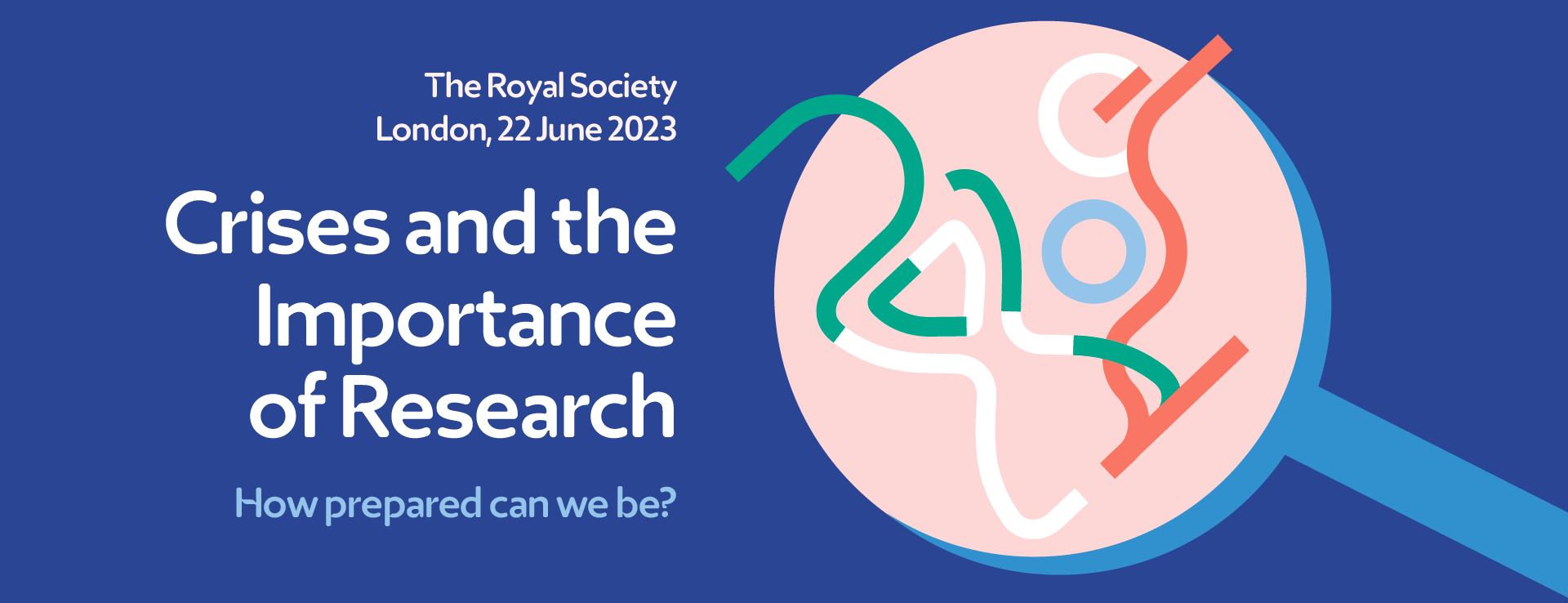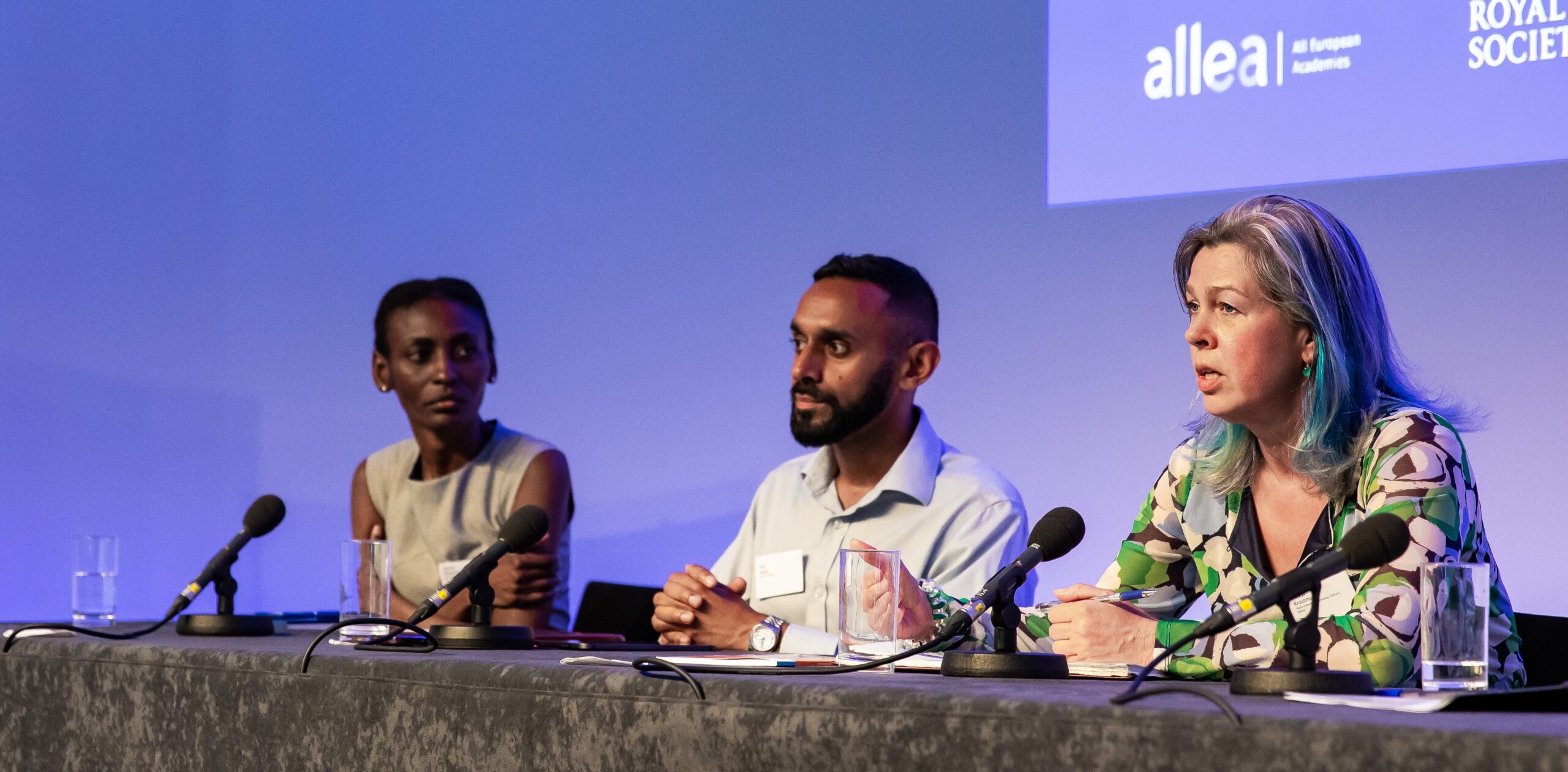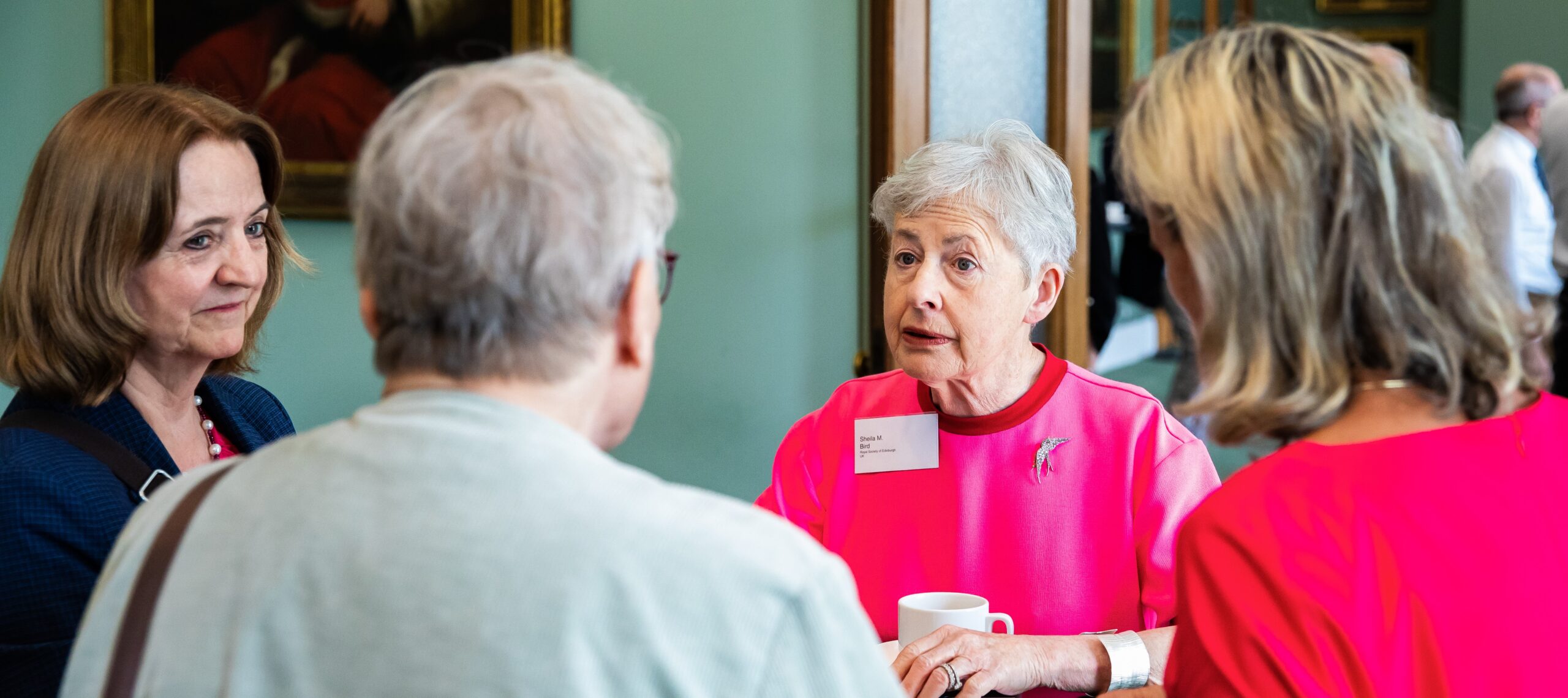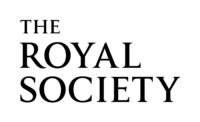
How can public services help us respond to various crises such as conflict and climate change? What role do different actors play in preparing for future pandemics? What lessons can we learn from civil emergencies regarding researchers’ access to data, and how can we apply these lessons to future processes? On 22 June 2023, the scientific symposium ‘Crises and the Importance of Research: How Prepared Can We Be?’ invited international experts to explore how research contributes to responding to and preparing for multiple and entangled crises of our times.
Sessions included the following themes:
- Diversity and Inclusivity in Disaster Responses
- Pandemic Preparedness and Building Resilience
- Data for Emergencies
- In-Conversation: Perspectives from Ukraine
The business meeting on 23 June addressed governance, strategy, and policy matters and is restricted to ALLEA Member Academies’ delegates.
These events took place within the framework of the ALLEA General Assembly, and were hosted by our UK member academies, the British Academy, the Learned Society of Wales, the Royal Society, and the Royal Society of Edinburgh.

Media Room
Check out the pictures and videos of the event

Programme
From conflict to climate, economic and health crises, this session will examine crises across cultural, historical, and geographical contexts, and analyse how public services help us respond to disasters. The panel will explore how research helps inform policy and practice to build adaptable and efficient public services.
The impact of the COVID-19 pandemic has changed lives and livelihoods, cultures, communities, societies, and economies. Evidence from research across disciplines is critical to ensuring our preparedness for future pandemics and tackling medium to long-term challenges. The panel will explore the role of actors across different levels of governance, geographical areas, and economic sectors in preparing for future pandemics and assessing the impact of previous pandemics.
The ability to access, collect, and analyse data to predict and respond to crises is crucial for effective emergency management processes. This panel will explore lessons from civil emergencies on researcher access to data and consider the findings of the Royal Society’s public dialogue on creating resilient and trusted data systems. The discussion will also explore the potential of privacy enhancing technologies as a mechanism for collaborative analysis of sensitive datasets, drawing on the Society’s recent report ‘From privacy to partnership’.
During this In-Conversation session, we will hear from two Ukrainian academics who had to leave their home institutions following Russia’s invasion of Ukraine and continue their research elsewhere in Europe. Professor Larysa Zasiekina and Dr Aisel Omarova will share their timely and important research on post-traumatic stress and memory trauma, and on protecting homeless and unattended children in Ukraine, respectively. This session also sheds light on the response and initiatives of the European academic community to support researchers at risk and offers an opportunity to further discuss how we respond collectively to such crises.



